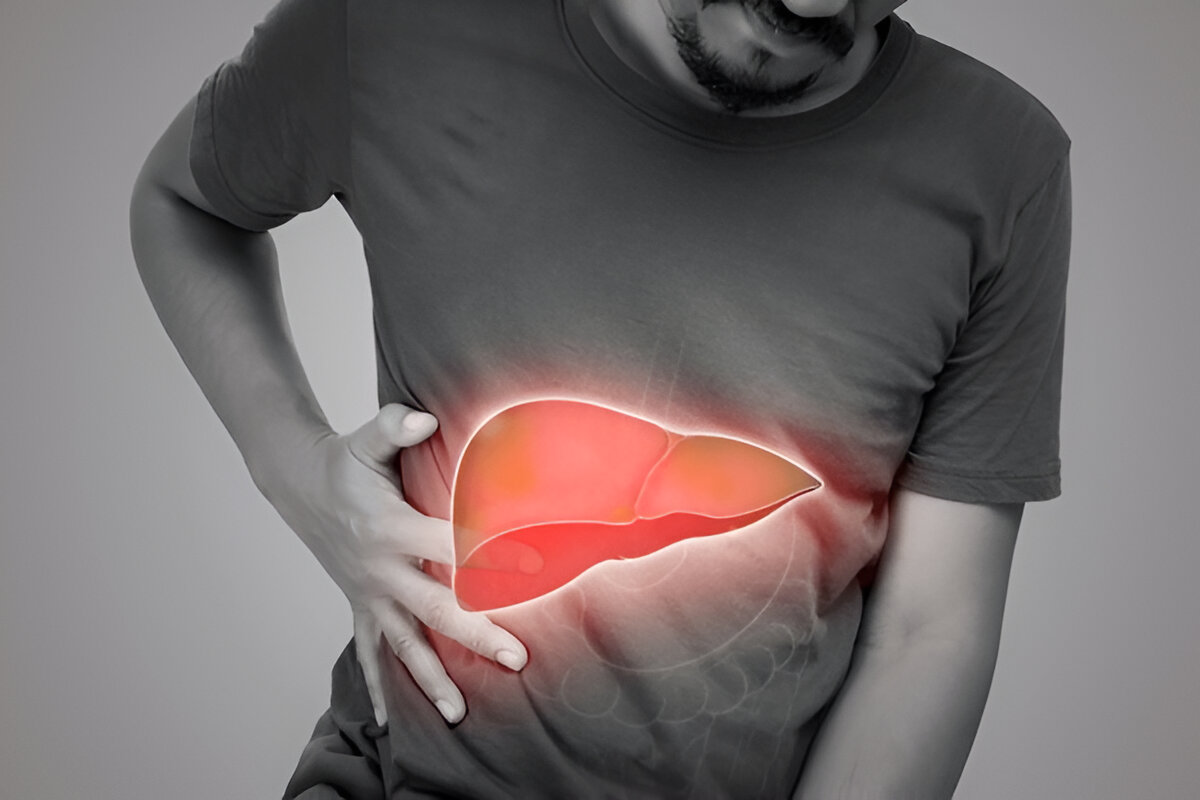Liver Hepatitis Treatment
Liver hepatitis treatment is important to manage liver inflammation due to alcohol, viral infections, autoimmune diseases and many more. If it is not treated on time, it can lead to chronic disease such as liver failure, cirrhosis, etc. Our clinic in Janakpuri, Delhi, provides best liver diagnosis and proper care.
What is hepatitis?
Hepatitis is a liver condition that leads to inflammation and damage of the liver. It can become serious case or it could take years before it becomes prolonged. Hepatitis which are more prevalent are A, B, C, D and E. Each of them has their own causes and treatments.
